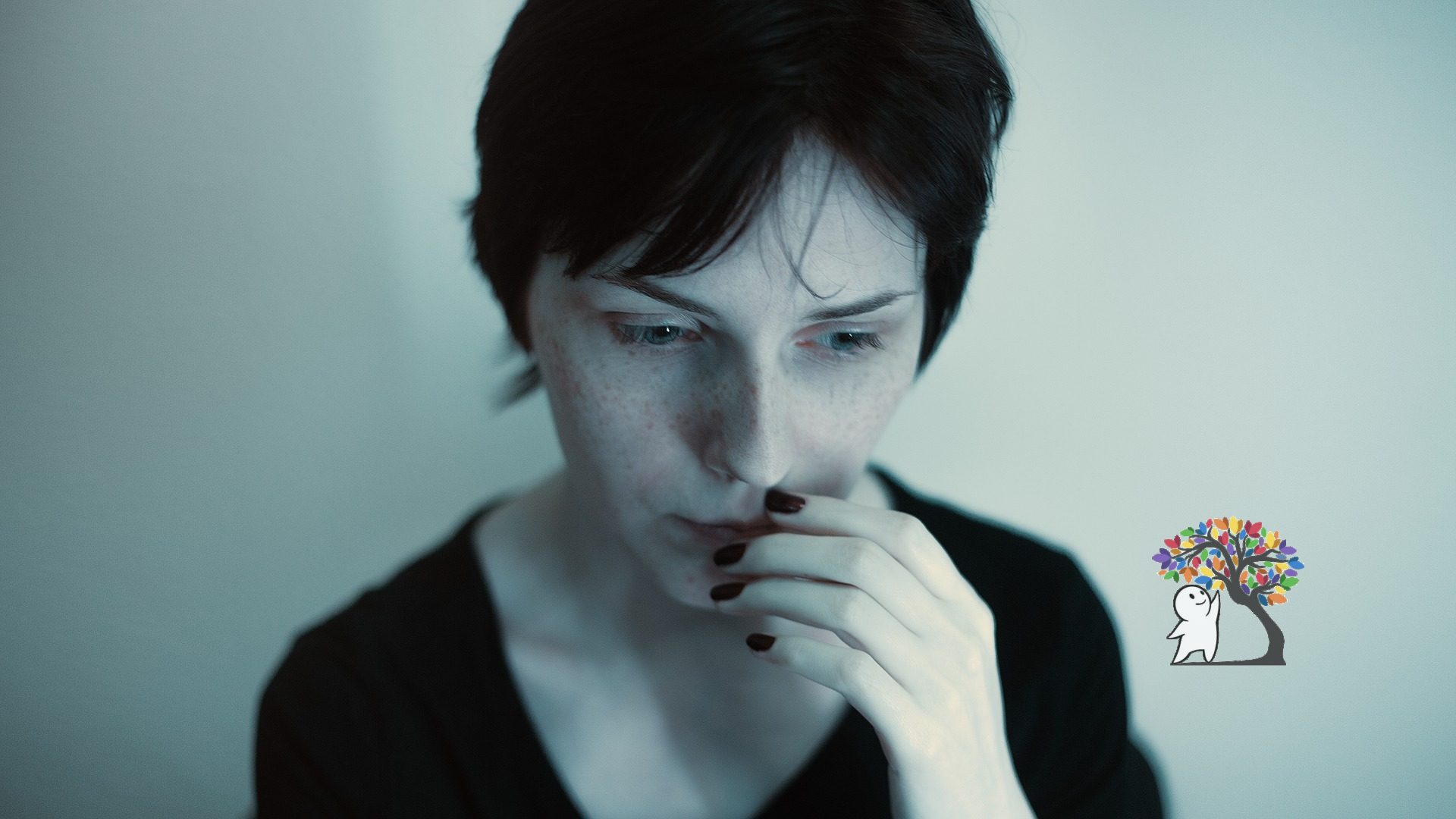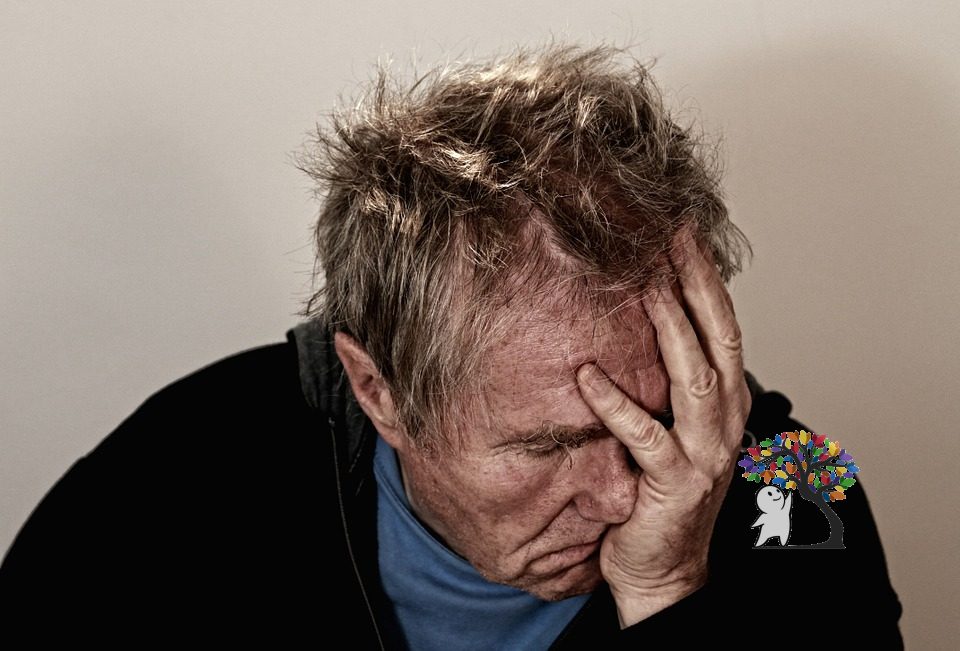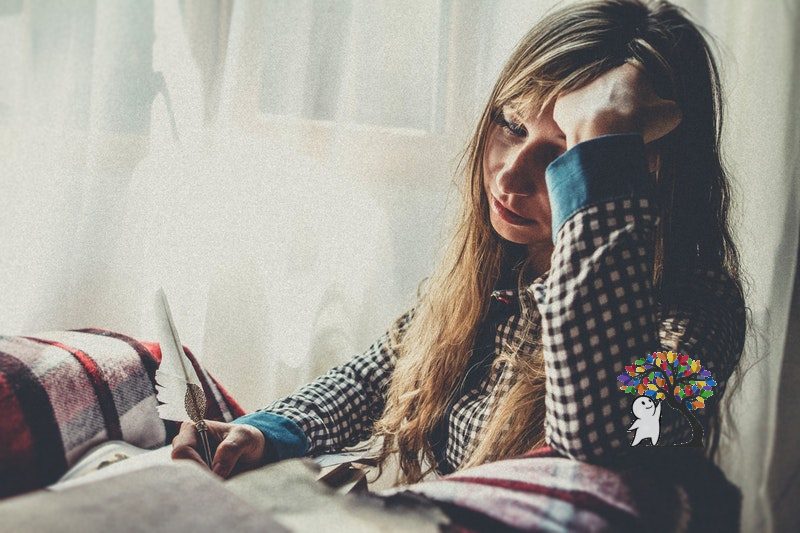5 Types of Grief Nobody Told You About

To lose a loved one can impact our entire world. Suddenly, we need to adjust to living without an essential figure; the process of adaptation to the changes imposed by the death of a relative is known as grief.
If you have already experienced this situation, some of the symptoms may sound familiar: hopelessness, disbelief, anxiety and distress, rage, emotional numbness, and even physical pain. However, there is a wide range of different situations that can elicit the same feelings. Who has not experienced outrageous pain after their first-love breakup? Or when they realized they aren’t a child anymore? Most surely, you did not feel understood when people commented you were reacting as if ”someone has died”. Psychologically, your reaction was completely normal.
Why you should value all kinds of losses
The truth is losses come in all forms and shapes and as they provoke changes in your daily life, they will include grief. To cope with a meaningful loss requires time and active inner work from the grieving person. Nonetheless, you do not need to panic: only a small percentage of grief processes become pathological as a result of not overcoming that deep emotional hole. If you still feel stuck two years after the loss has happened, this may be a sign to contact a specialist.
In this article, we selected five of the most common significant losses nowadays. Acknowledging the necessity of coping with them is essential to achieve social recognition for other kinds of grief and improve the conditions under which the process takes place. Otherwise, we may face Disenfranchised grief, that is non-socially accepted grieving, more likely to end up producing a pathology.
5 Types of Personal Losses that Also Trigger Grief
-
Migratory Grief
Migrating brings big changes to life, both good and bad. The first stage of a migratory process demands time to adjust to the new environment, explore the advantages and disadvantages and learn to integrate them into a new self. Accepting that what you left behind won’t come back requires a complete psychological readjustment as well as mental strength. In here losses refer to leaving your house and hometown or country, your culture and language, your family and friends, etc.

-
Identity Crisis
Identity is our most precious possession, it takes us years to shape it and discover it. Once we believe it is settled, we may develop a defensive attitude towards changes that might question it. As a result, any situation that imposes a significant loss in our previous identity could trigger grieving reactions. An example could be the so-called empty-nest syndrome, where a mother has to deal with the departure of her children, or infertility in a person who intended to become a parent.

-
Evolutive Grief
Closely related to the previous example, evolutive grief specifically refers to the integration of evolutive changes to our self-image. Each stage of life implies developmental milestones that must be accomplished in addition to physical changes. For some people, accepting the losses that come while growing up can become quite challenging. In this case, we find the loss of childhood innocence, youthful beauty or the acceptance of the new body developed during adolescence.

-
Loss of abilities
Whether the loss comes from aging, an accident or an illness, losing previous abilities and capacities is known to be followed by an extremely difficult grief process. In this case, the loss affects fundamental areas of everyday life such as health, socializing or mobility. Surgery effects, acquired disabilities and dementia are some common examples among many others.

-
Relationship Grief
Last but not least, the end of a meaningful social bond caused by reasons other than death (such as a divorce, disappearance or arguing) can present grief reactions as a result of the loss. Over time, the mourner restores a routine in which the lost person doesn’t appear or where their role has been changed. Emotional support from a close social circle assists in achieving a smoother adaptation.

Definitely, loss will always be an undeniable, unavoidable part of life. Sometimes, it could bring a desirable shift in your long-term circumstances; sometimes, it will hinder your journey. Whatever the case, keep in mind that as long as the loss has a meaningful impact on you, no matter where it comes from, your feelings are legitimate. Anyhow, the best we can do is to be aware of all the causes and effects of grief, in order to cope with it in the most effective way and to help others in their journey.
Hooked? Learn more by reading our articles about Coping with a Pet’s Death and The Five Stages of Grief.
References
Arizmendi, B. J., & O’Connor, M. (2015). What is “normal” in grief? Australian Critical Care, 28(2), 58-62. doi:10.1016/j.aucc.2015.01.005
Doka, K. J. (1989). Disenfranchised grief: Recognizing hidden sorrow. New York: Lexington Books.
Picard, I. T. (2016). Migratory grief? Psychologist, 29(12), 889-889.




Responses